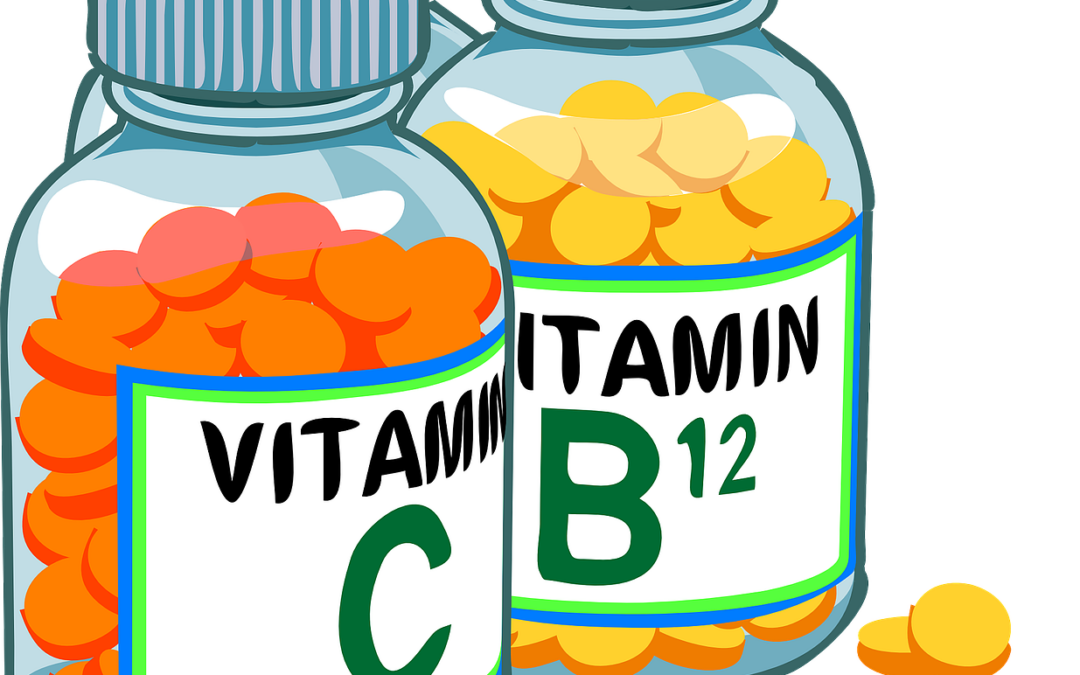Menopause is a natural transition period in a woman’s life that occurs when the ovaries stop producing estrogen and progesterone. This process usually begins in the mid 40s or early 50s and can last up to 10 years. Common symptoms of menopause include hot flashes, night sweats, fatigue, mood swings, vaginal dryness, and insomnia.
Nutrition plays an important role in managing symptoms associated with menopause. Research has shown that certain vitamins and minerals can be especially beneficial for women during this transition. This article will explore the potential benefits of calcium, vitamin D, iron, B-vitamins, magnesium, and omega-3 fatty acids for menopause.
Calcium and Vitamin D
Calcium and vitamin D are essential for bone health, and are especially important for women during menopause. During this time, women may experience dramatic changes in bone density and an increased risk of fractures due to the decrease in estrogen levels. Therefore, it is important to ensure adequate calcium and vitamin D intake. The recommended daily intake of calcium is 1,000-1,200mg per day, and the recommended daily intake of vitamin D is 400-800IU per day. Good sources of calcium include dairy products, fortified foods such as almond milk, and leafy greens. Vitamin D can be obtained from fortified foods such as milk, yogurt, and cereal, as well as from exposure to sunlight.
Iron and B-Vitamins
Iron and the B-vitamins, such as B6, B12, and folic acid, are important for combating fatigue and mood changes during menopause. Low iron levels can cause fatigue, while B-vitamins can help reduce stress and anxiety. The recommended daily dosage of iron for menopausal women is 18-20mg per day, and the recommended daily dosage of B-vitamins is 2.4mcg of B12, 1.3mg of B6, and 400mcg of folic acid. Good sources of iron include red meats, poultry, fish, and legumes. B-vitamins can be found in fish, poultry, eggs, leafy greens, and fortified grains.
Magnesium
Magnesium is involved in many bodily functions, and is thought to help with hot flashes and other menopause symptoms. The recommended daily dosage of magnesium is 320-420mg per day. Good sources of magnesium include spinach, almonds, and black beans.
Omega-3 Fatty Acids
Omega-3 fatty acids are essential fatty acids that are important for overall health, and may help with mood and cognitive function during menopause. The recommended daily dosage of omega-3 fatty acids is 500-1000mg per day. Good sources of omega-3 fatty acids include fatty fish, walnuts, and flaxseeds.
Conclusion
The vitamins and minerals discussed in this article can play an important role in managing symptoms associated with menopause. Calcium and vitamin D are essential for bone health, while iron and B-vitamins can help with fatigue and mood changes. Magnesium may help with hot flashes, and omega-3 fatty acids can help with mood and cognitive function. It is important to discuss any new best menopause supplements uk with a healthcare provider before adding them to your diet.

